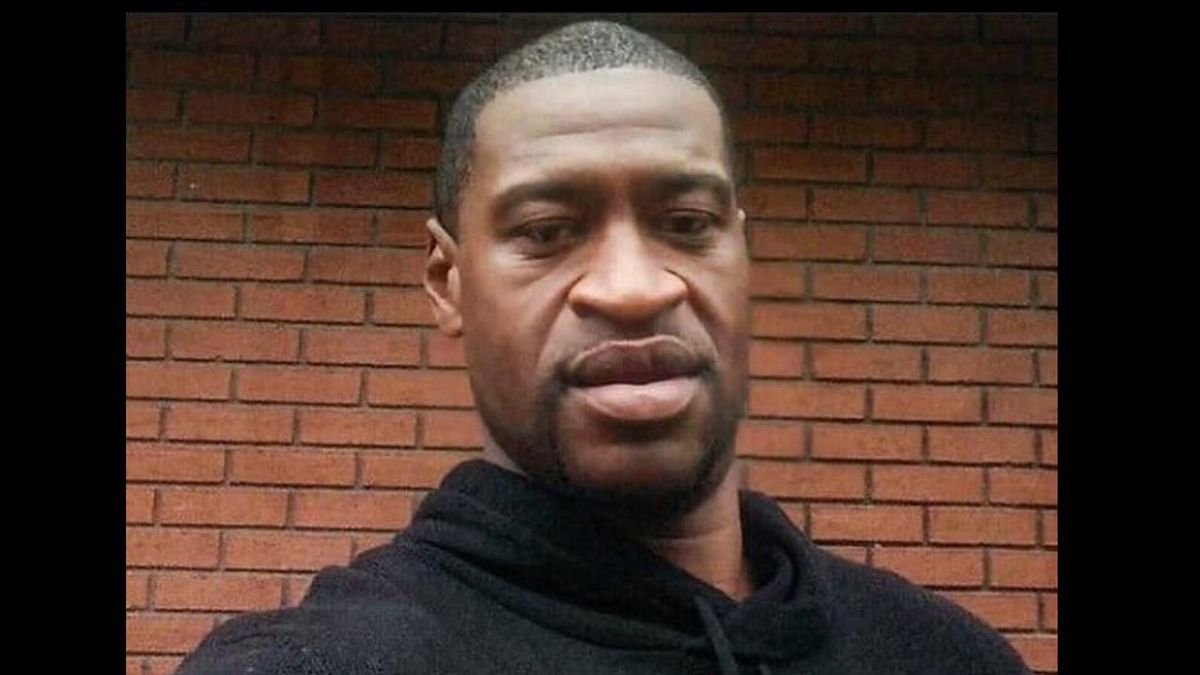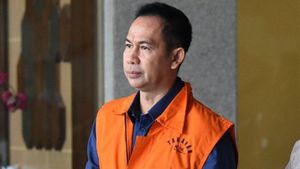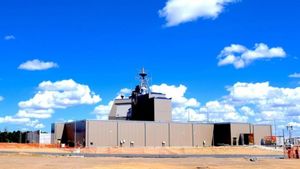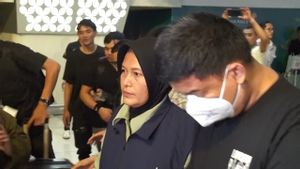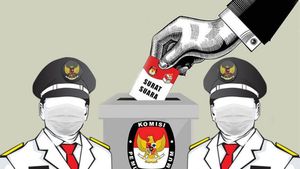JAKARTA - Thomas Lane, one of four former Minneapolis police officers awaiting trial for George Floyd's death, has been released. He left Hennepin's prison on Wednesday afternoon, June 10 after paying a $ 750,000 bail.
Launching CNN, Friday, June 12, Lane was one of four policemen involved in the deadly arrest of George Floyd. At that time, Floyd was suspected of using a fake US $ 20 note. Global protests against racism, discrimination, and the police revolution took place.
In the video showing Floyd's arrest, Derek Chauvin, the main culprit of the case, is seen pressing his knee against Floyd's neck for nearly nine minutes. Floyd was on the ground right by the police vehicle.
Lane and another policeman arrested other parts of Floyd's body and were next to Chauvin, authorities said. This statement made Lane also considered involved in Floyd's death. Floyd, after repeatedly telling him he couldn't breathe, was gradually unresponsive. He was taken to the hospital, where he was pronounced dead.
Chauvin was charged with second degree murder. Lane and two other officers at the scene --Tou Thao and J. Alexander Kueng - have been accused of aiding and abetting second-degree murder.
Thomas Lane's defenseLane's attorney said that when Chauvin pressed Floyd's neck, Lane had advised Chauvin to lay Floyd on instead of making him face down and not pressing his neck like that. However Chauvin rejected the idea.
"I'm worried about the delirium effect or whatever," says Lane. "That's why we got him on his stomach," Chauvin replied, according to the declaration document.
Lane is also said to have made the first rescue efforts, including giving CPR to Floyd, who later found out positive for COVID-19. "He (Thomas Lane) went to the ambulance and he did CPR (on George Floyd). He's a compassionate man, he's not a violent person," Earl Gray added.
Lane was in the police force for four days when Floyd died. He claimed to "do everything he thought he should be doing as a police officer" said his lawyer, Earl Gray.
The medical examiner's office of Hennepin concluded that Floyd's death was the result of murder. Floyd had cardiopulmonary or heart failure.
The autopsy was then carried out again by experts hired by the Floyd family. In conclusion, Floyd died from asphyxiation from the continuing pressure. This correlates with Chauvin pressing Floyd's neck and back with his knees. The pressure cut off blood flow to his brain.
On Lane's Freedom Day, Floyd's brother, Philonise Floyd, asked Congress to hold the police more accountable. On Capitol Hill, Philonise Floyd, Floyd's brother, along with family attorney Ben Crump and other witnesses, discuss deaths, police arrest and enforcement accountability before the US Judiciary Committee.
The English, Chinese, Japanese, Arabic, and French versions are automatically generated by the AI. So there may still be inaccuracies in translating, please always see Indonesian as our main language. (system supported by DigitalSiber.id)
